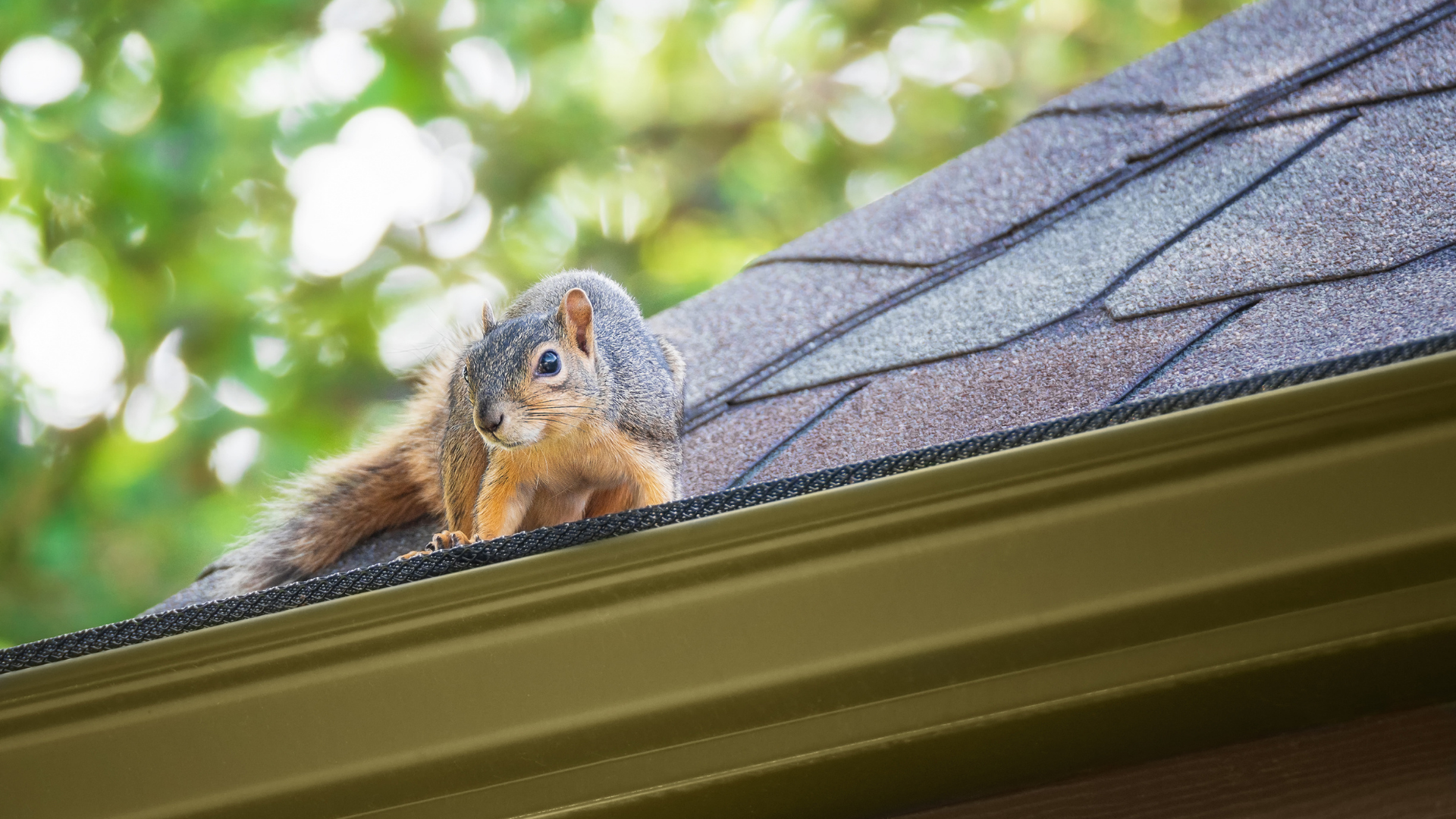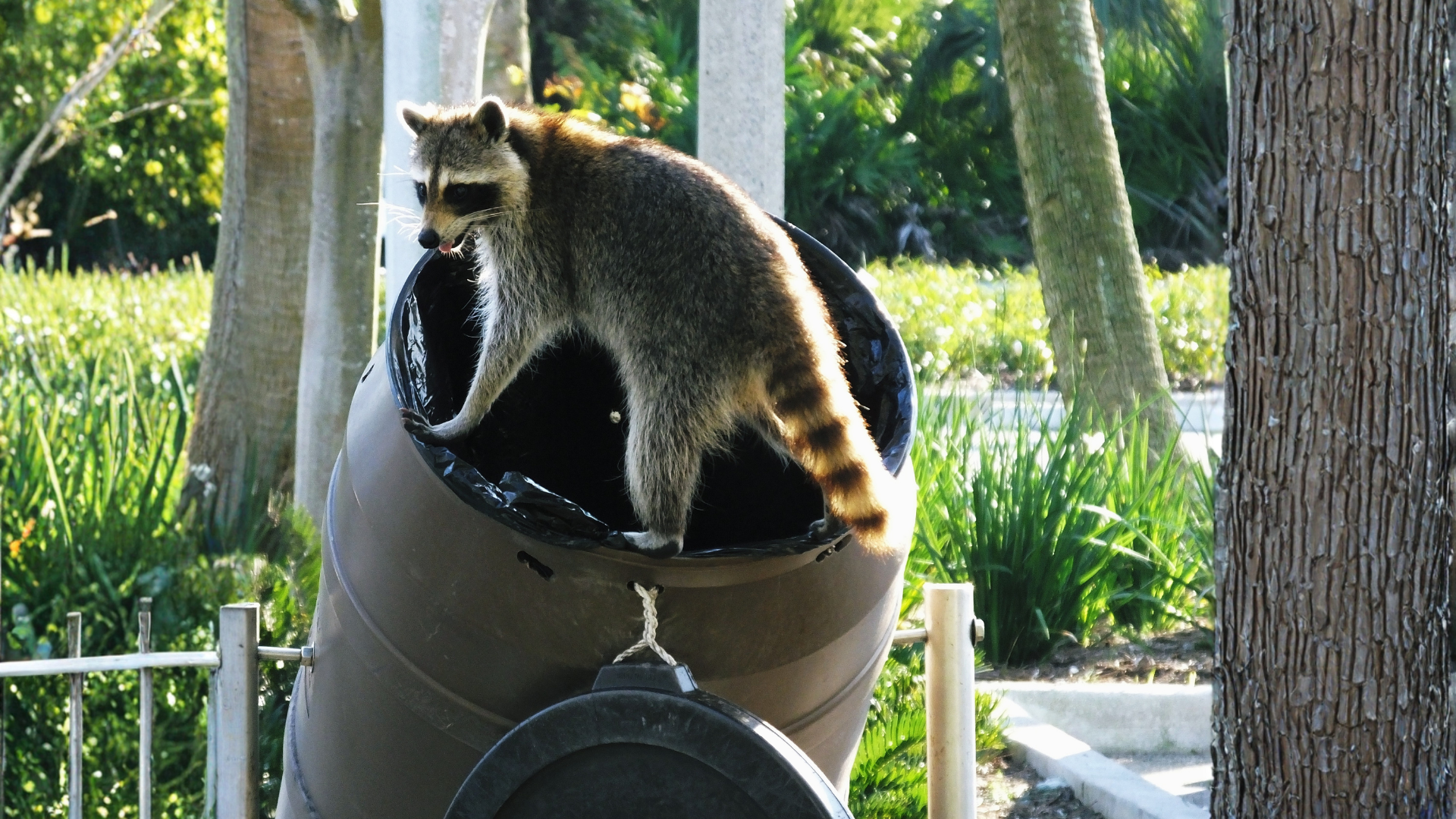Why Wildlife Accesses Occupied Homes
What Brings Animals Into Inhabited Houses
For a wild animal navigating a harsh and unpredictable world, the appeal of a human home can be impossible to ignore. Once temperatures drop or storms roll in, survival becomes a challenge — and our homes start to look like havens. The warmth that radiates from heated walls, the insulation tucked into attics, and the steady protection from predators and wind combine to create an irresistible refuge.
While we may not even notice the tiny cracks around our roofline or the loose siding behind the garage, wildlife sure does. Squirrels can detect the heat coming from these spots. Raccoons can feel the shift in air pressure and know that something cozy lies behind. Bats, rats, opossums — they all have their own unique way of identifying an opening and figuring out how to make it their own. Even seemingly secure spots, like soffit vents or chimney caps, can wear down over time and become perfect access points.
Occupied homes are especially attractive because the warmth isn’t just ambient. Active heating systems, running appliances, and constant human presence maintain a consistent temperature that’s more reliable than an abandoned shed or barn. Many animals also key in on humidity and moisture — places where condensation forms often indicate warmth and water, both vital for survival. Homes also offer an array of hidden materials ideal for nesting, like shredded insulation, fabric, or even cardboard boxes stored in attics and basements. Once an animal gets a taste of that comfort, it’ll likely stick around as long as it can.
The Smells Of Food And Opportunity
From a wild animal’s perspective, a human home smells like opportunity. And that smell travels farther than people often imagine. The scent of pet food stored in a garage, crumbs under a dining table, or trash left outside can be a flashing beacon to nearby wildlife. Even when we take what we believe are proper precautions — sealing containers, cleaning surfaces, using garbage bins with lids — some animals can sniff out a forgotten bag or trace amounts of food that wouldn’t even register to us.
Rats and raccoons are especially food-motivated and adept at exploiting these signals. They don’t need a buffet — a few stray snacks are more than enough to make the effort of entry worthwhile. If your home is occupied, there's likely a pantry to raid, a kitchen with warmth and smells, and possibly pets whose food bowls are out all night.
And the appeal doesn’t stop at obvious food sources. A compost pile, bird feeder, or overflowing recycling bin can do the trick. Wildlife doesn’t see the difference between trash and treasure the way we do. Anything edible — or even vaguely edible — is worth investigating. Even food residue on unwashed containers can be a strong attractant.
Protection From The Outside World
Life outdoors isn’t easy. Predators, cold snaps, heavy rains, and human disturbances make the natural world a constant gamble for survival. For many animals, gaining access to an occupied home means shielding themselves from that chaos. It's not just about the weather — it's about avoiding dangers like larger predators or competition for nesting spots.
Inside a home’s walls or attic, a raccoon doesn’t have to worry about territorial disputes. A family of squirrels can raise their young in peace without the threat of hawks or foxes. Mice can build their nests and scurry through insulation with very little disturbance, as long as they keep quiet. The safety of a home provides a stable environment to breed and shelter their offspring — which is often the main goal of intruding animals.
Interestingly, the fact that a home is bustling with human activity doesn’t necessarily scare animals off. In fact, it can be a sign that things are stable — heating will continue, trash will be put out, and food will be available. Some animals have become so accustomed to the sounds and routines of human life that they interpret it as normal background noise rather than something to fear.
Unintentional Invitations
Most homeowners don’t realize how many small ways they’re welcoming wildlife inside. Overgrown vegetation around the foundation gives rodents a place to hide while they seek out ways to get inside. Vents without screens, open chimneys, and even random gaps in fascia boards are like unlocked doors for determined critters to get in.
An active home, by its nature, produces rhythms — HVAC cycling, plumbing vibration, light movement — that can also attract unwanted attention. Some wild animals are drawn to these subtle cues rather than being scared away. The consistent humming of an air conditioner running can lead them straight to a vulnerable access point. Even something as simple as a cat door or pet flap might be enough for a raccoon to try its luck. Cracked windows or broken seals on basement egress wells are often overlooked but equally exploitable.
Once inside, animals are quick to adapt. They memorize the quiet times in a household, explore for nesting spots during those windows, and return regularly if they aren’t disturbed. Wildlife is surprisingly persistent — once it finds a spot it likes, it’ll try to stay. And even if it's removed, if the structure remains accessible, the next opportunist might not be far behind.
Shut The Door On Wildlife Intrusion
When animals decide to move in, they’re not doing it out of spite or malice — they’re simply responding instinctually to the comfort, food, and shelter that active homes provide. But that doesn’t make their presence any less of a problem. Once inside, they can cause structural damage, contaminate insulation, chew on wires, and create noisy, stressful disturbances for the people who actually live there.
At Critter Detective, we specialize in helping homeowners understand how and why wildlife is getting into their space — and more importantly, how to take measure against it happening again. If you suspect animals are sneaking into your home, don’t wait for the damage to pile up. Contact our team today. We’ll find out what’s drawing them in and work with you to make sure they find somewhere else to call home.
